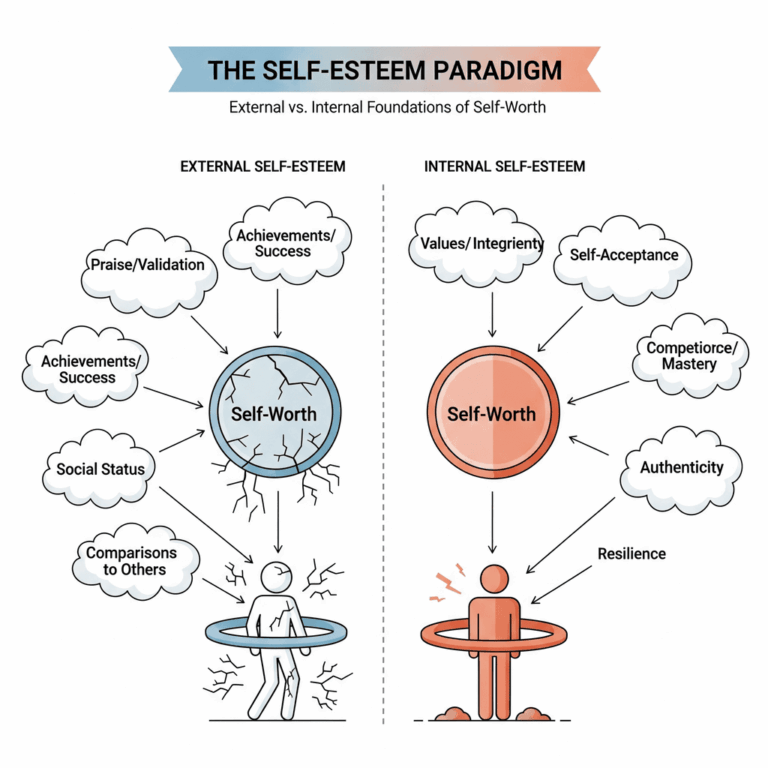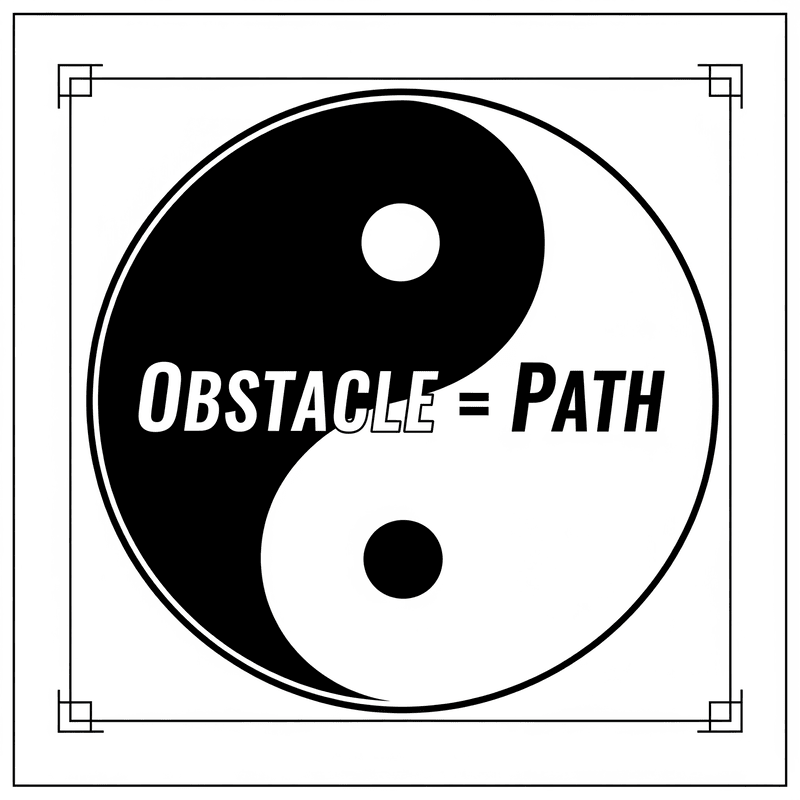Have you ever imagined that hidden within your own mind lies untapped potential capable of accessing and transforming reality? The Silva Mind Control Method offers an intellectual adventure into an internal world that has long remained consciously unexplored. This book is not merely a guide to meditation or classic relaxation. It is a catalyst for a cognitive revolution, a bridge between scientific discipline and the wonders of the human mind.
Let’s dive deeper: why does the Silva Mind Control Method approach have the power to inspire major breakthroughs in your life, career, and health? How do visualization techniques, brainwave entrainment, and guided intuition open new doors to problem solving, optimal health, and personal achievement?
In this article, we will dissect three fundamental principles of the Silva Method, which are ready to shake up what we have long considered boundaries, while igniting enthusiasm to explore how to apply them at the deepest level.
Brainwave Paradigm: Exploring Alphaland, the Home of Intuitive Intelligence
The long history of humanity has been dominated by logic and the conscious mind. Yet Silva found that there is another vital subjective world: State Alpha, a brain-relaxation state between full wakefulness (Beta) and sleep (Theta).
At the Alpha level, brainwave frequency slows. It is in this state that a person’s cognitive abilities strengthen—memory becomes sharper, imagination grows more vivid, and creativity increases rapidly. Silva’s meditation targets achieving Alpha deliberately, not by chance. In this state, the sensitivity of the five senses—sixth sense—including intuition and psychic perception—flourishes.
Why This Matters?
Alpha is like your personal supercomputer that has long been running at only half speed. Furthermore, scientific research shows that people who regularly train their brains to reach the State Alpha can be more effective at solving problems, learn faster, and even accelerate physical healing.
However, entering and maintaining the State Alpha consistently is not necessarily easy. There are stages of training, mantras, and specific subconscious conditioning that Silva thoroughly unpacks.
“The complete framework for training the brain to the State Alpha consistently, including common mistakes that must be avoided, can only be found in the real-world application strategy of The Silva Mind Control Method…”

Read also : Social Entrepreneurship: A Practical Introduction by Rasheda L. Weaver
The Wonder of the Mental Screen: “Mental Screen” as a Reality Laboratory
One of the highlights of The Silva Method’s uniqueness is the concept of the Mental Screen (“Mental Screen”)—an internal instrument that allows your mind not just to think, but to “see” solutions. You are trained to project problems, solutions, and positive outcomes onto the inner screen. For illustration, you imagine someone who is sick on the mental screen, and then gradually you visualize healing actions and ultimately complete healing.
Why Is This Visualization Revolutionary?
The human brain responds to visuals far more powerfully than words alone. With a vivid Mental Screen, you actively reprogram the subconscious. The creative process, decision-making, and even physical recovery prove to be more effective because the brain seemingly “believes” the visualization as reality.
Additionally, practicing the mental screen instills a positive habit of viewing problems—always visualizing solutions, not merely getting stuck in problems.
However, how can you build a vivid mental screen using proven techniques? What are real-world examples of its applications, as well as beginner pitfalls that can derail results?
“The basic to advanced techniques for using the mental screen, including visualization templates and corrections for common failures, are examined in detail in exclusive materials at MentorBuku…”

Intuition Experiment: Problem Detection Practice Through Active Meditation
One of the standout experiments of The Silva Mind Control Method is the practice of detecting the presence of abnormalities or illnesses remotely. This practice is not merely a mystical test, but training to activate latent intuition.
Under guidance, participants are asked to enter the Alpha meditation level and then imagine someone who has health complaints. Participants are then guided to “feel” where the problem lies, using only focused attention and deep empathy.
Why Is This a Game-Changer?
The Silva Method provides a framework of practice so that intuition—the ability labeled as a “sixth sense”—can become a tool for decision-making in real life. In business, career, or personal relationships, the ability to read subtle signals can sometimes be more important than explicit data.
But how to develop intuition so that it is not merely a “feeling,” but grounded in systematic techniques—not just mystical speculation? How to test the validity of intuition in real situations so as not to fool oneself?
“Specific practices and steps for evaluating the validity of intuition—distinguishing between wild imagination and accurate instinct—are described in detail only in the systematic training of The Silva Mind Control Method…”
Carry-Over Effect: Beyond Meditation Sessions, Forming New Mindset Patterns
The Silva book emphasizes a unique phenomenon: the ability to visualize and practice at the Alpha level apparently has a residual effect—carrying the results into the Beta level, or daily consciousness [1]. In other words, you become more intuitive, quicker at understanding situations, and more optimistic, even amid busy schedules and external pressures.
Why Is This Carry-Over Important?
This effect means you no longer rely solely on meditation time to be productive or creative. Positive thinking, sharp perception, and emotional intelligence gradually become ingrained core traits.
However, the process of forming residual effects does not happen instantly. It requires repeated practice, intention-strengthening techniques, and self-monitoring patterns to truly take root in one’s personality.
“How to build carry-over effects consistently, and how to measure progress in mindset changes from Silva training, is described with worksheets and practice instruments in the MentorBuku collection…”
Transformation Magnet: Harnessing the Explosive Power of The Silva Mind Control Method
Entering the realm of The Silva Mind Control Method is akin to opening a private laboratory inside your mind. Here, you are no longer merely a ‘spectator’ of life, but a director, author, and even an “engineer” of your own future. When visualization techniques, mastery of brainwaves, and intuition training are combined, a new roadmap to optimal achievement forms.
However, all of this powerful vision is only scratching the surface. The secrets of practical implementation, training details, common fatal mistakes that often trap beginners, and strategies to sustain results? All are kept closely within the details of its original book and the curated MentorBuku sources. Are you ready for the next step?
You have just seen its foundation. These concepts are only the tip of the iceberg of what the book offers. How to apply them step by step, avoid common traps, and integrate them into your strategy? All the answers are contained within.
Sign up and get free access at MentorBuku now!











